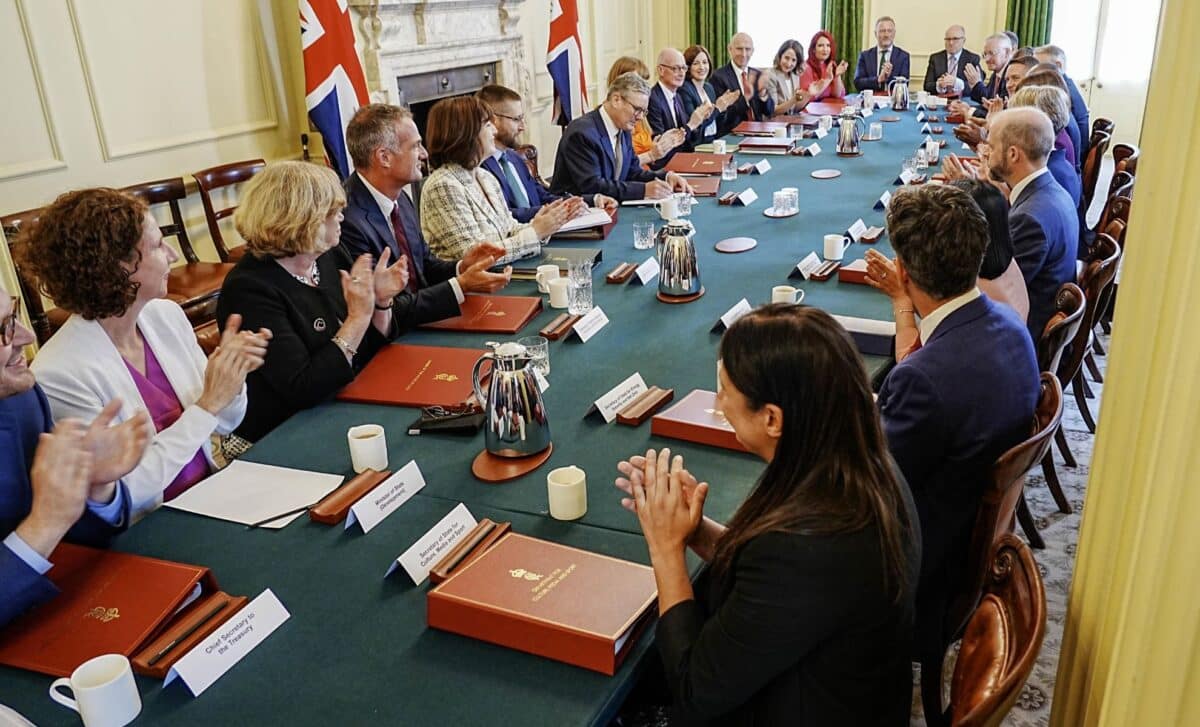In the wake of Donald Trump’s new 10% tariffs on UK exports to the US, Prime Minister Sir Keir Starmer has pledged to shield British businesses from the economic consequences.
As global markets react with turmoil, Starmer’s government is set to unveil further support measures aimed at mitigating the adverse effects of the tariffs on the UK economy.
The tariffs, which came into effect on April 6, 2025, have sparked significant concern within the business community, with industries ranging from manufacturing to agriculture facing potential disruptions.
According to Darren Jones, Chief Secretary to the Treasury, Starmer will make further announcements this week to bolster support for British businesses in light of these new economic pressures.
A Clear Stance on Globalisation
Starmer’s criticism of the globalisation model has gained prominence following the tariff imposition. In an article for The Sunday Telegraph, the Prime Minister stated that the current global trading system has failed and that the UK must adopt a new approach to bolster domestic industries.
His stance reflects a growing sentiment among policymakers that the benefits of globalisation, particularly in terms of free trade, are not being realised under the current international system.
It has been acknowledged that there is a need to go “further and faster” in supporting British industry, given the challenges that UK businesses face as a result of the tariffs.
This sentiment has been echoed by Jones, who added that the government’s focus is on responding calmly and with a long-term view to support economic resilience.
While Starmer has been vocal in his opposition to the tariffs, he has also emphasised the importance of a measured approach to managing the fallout from the new duties.
Impact on UK-US Trade Relations
Despite the government’s frustration with the tariffs, UK officials remain confident that they can navigate the issue through continued negotiations with the US.
Darren Jones highlighted that the UK had benefited from a “Brexit dividend” by securing lower tariffs than other regions, such as the European Union, which saw a 20% tariff, and China, facing a 34% tariff.
The UK government’s positive relationship with the US, particularly through months of trade negotiations, was cited as a contributing factor in the relatively lower tariff rate.
However, with global markets responding negatively to the tariff announcement, the UK’s ability to protect its trade relationships while bolstering its own economic interests remains a crucial point of focus.
The global economic impact has been significant, with the FTSE 100 seeing a sharp decline, and other international markets experiencing similar drops.
According to analysts, almost $5 trillion in market value has been wiped out since Trump’s announcement, highlighting the broader implications of the tariff policies.









